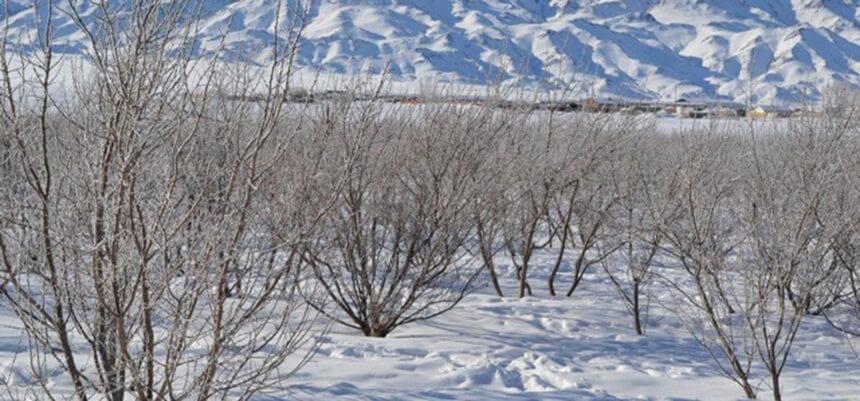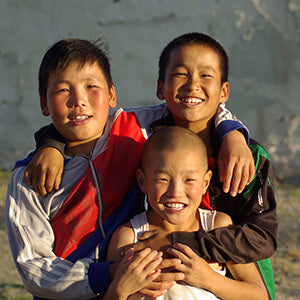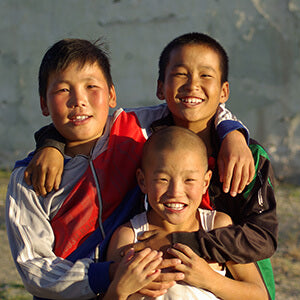Day 22
A sea buckthorn seedling for a gardener in Mongolia
 Planting future prospects for young Mongolians
Planting future prospects for young Mongolians


Sea buckthorn reforestation against overgrazing and unemployment

need
Jobs and livelihoods for young Mongolians in Khaliun Sum.
activity
Local NGO buys seedlings and equipment, leases cultivation areas, young gardeners plant and manage the sea buckthorn plantation.
Measurable performance
5,000 sea buckthorn seedlings were planted, watered, cared for and monitored as they grew. Two gardeners received a month's salary for this.
Result
The management of the sea buckthorn plantation provides work and support for 2-4 gardeners. The topsoil is kept moist and protected against erosion.
Systemically relevant impact
Young people are given alternatives to secure their livelihood in their home region and are no longer forced to leave their home and family.
background


The good deed
AboutMongolia

Ulaanbaatar
Capital city

2 959 100
Population
3 946 USD
Gross domestic product
per capita per year
90
Human Development Index
(Human Development Index)



